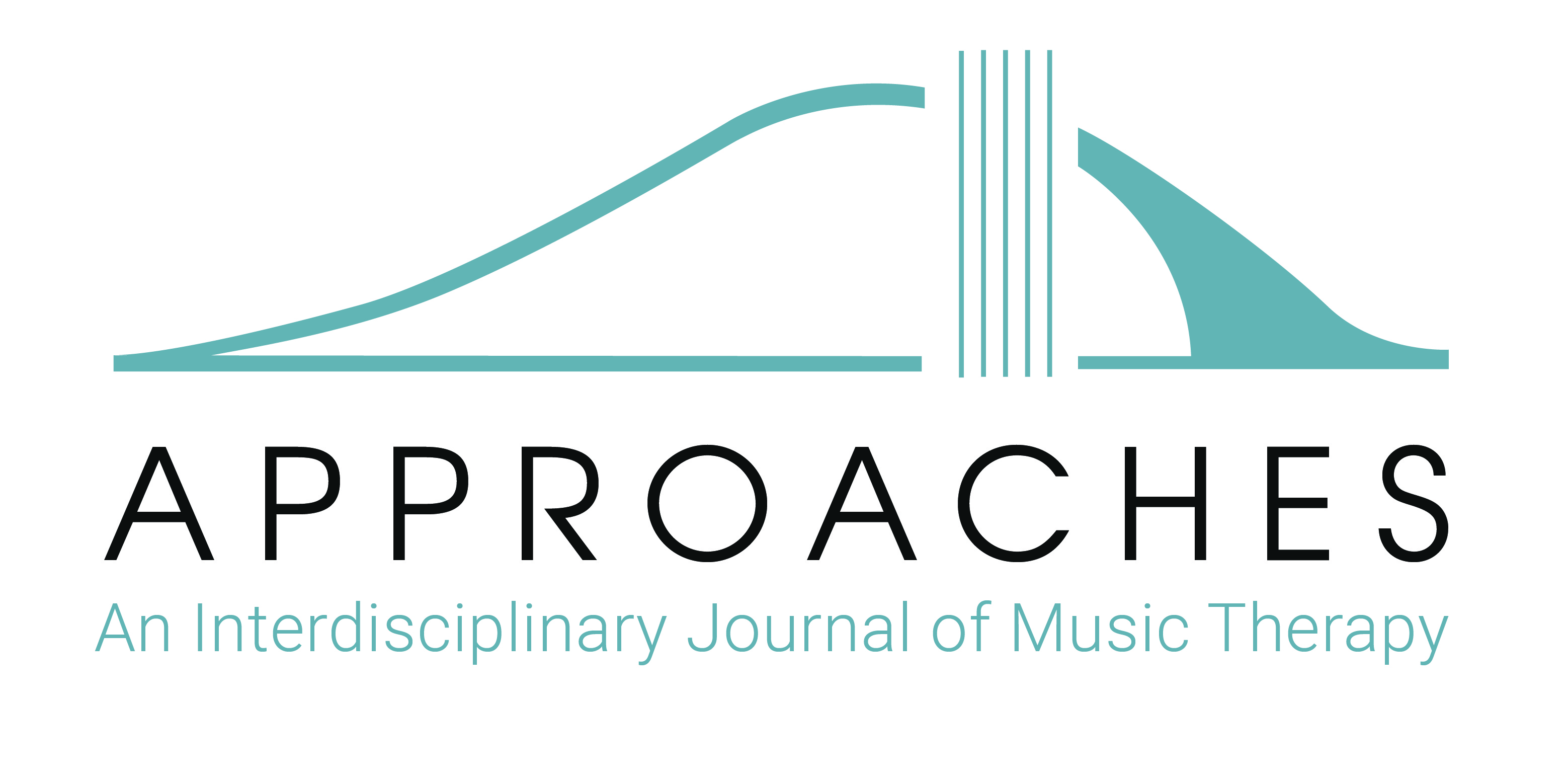Volume 4 (1) 2012 – Article
Boundaries and Music Therapy Practices in Greece: A Small Qualitative Study
Maria-Christina Papadopoulou
Abstract
The use of therapeutic boundaries is an essential aspect of music therapy work internationally. However, the influence of cultural and training factors on the use of boundaries has not been explored in-depth yet. This paper presents a small qualitative study, which investigates the use of boundaries in music therapy by Greek therapists, by taking into consideration how their use is influenced by their own cultural and training backgrounds. For the purposes of this study, online email interviews with three Greek music therapists working in Greece were conducted. Interpretative phenomenological analysis was used to analyse the data that was collected through the interviews. The main findings show that Greek music therapists use boundaries in their music therapy practice according to the professional European standards. However, therapists spoke of flexibility and variations in the use of boundaries to adapt to cultural differences in their own local settings and to meet individual clients’ needs.
Keywords
music therapy, boundaries, cultural influence, training influence, flexibility
Biography
Maria-Christina Papadopoulou studied piano and harp, and gained her harp diploma in Athens (Greece) and her LRAM diploma (Royal Academy of Music, London). She obtained her MA in Music Therapy (Roehampton University) and worked as a music therapist at a school for children who have experienced emotional and physical abuse, a mental health day centre, and a hospice for terminally ill adults. She has been performing for Music in Hospitals and is the first prize winner of the International Harp Competition in Wales 2010. She is currently doing her PhD on the harp at Trinity Laban Conservatoire of Music and Dance (London).
Email: miou14@gmail.com
